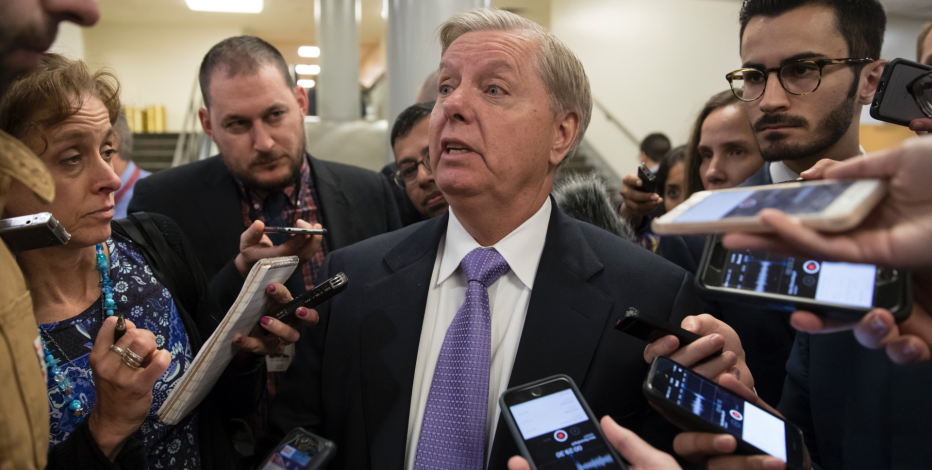Spending shortfall hits $666B, a $80B spike for the year
Spending shortfall hits $666B, a $80B spike for the year

WASHINGTON – The government spending shortage rose to $666 billion in the simply finished monetary year, a spike that comes as Republicans are moving to draft an expense code revise that guarantees to signify $1.5 trillion to the national obligation over the coming decade.
The calming deficiency numbers, discharged Friday by the Treasury Department and the White House spending office, took after Senate section Thursday night of a 10-year spending arrange for that racks GOP worries on shortfalls and obligation for an assessment upgrade.
All things considered, House Speaker Paul Ryan of Wisconsin demanded Friday on "CBS This Morning": "We're Republicans. We're delicate to the shortfall."
President Donald Trump and his GOP partners on Capitol Hill guarantee the current year's assessment enactment will start a burst of financial development — and trust it will pay huge political profits for their gathering.
Friday's spending figures speak to a $80 billion bounce over a year ago's $585 billion shortage, which itself was far up finished the earlier year's $438 billion.
The organization says the sharp deficiency report demonstrates a need to pass the duty redesign measure.
"Through a mix of assessment change and administrative alleviation, this nation can come back to more elevated amounts of GDP development, deleting our financial deficiency," said Treasury Secretary Steven Mnuchin.
"These numbers should fill in as a smoke caution for Washington, an update that we have to develop our economy again and get our monetary house all together. We can do that through keen spending restriction, assess change and cutting formality," said White House spending executive Mick Mulvaney.
Democrats contend that the GOP should work with them on a bipartisan way to deal with patching up the expense code without adding to the shortfall.
"With the shortage as expansive and developing as fast as it seems to be, Republicans seeking after a careless arrangement that would blow a gigantic gap in the shortfall and put Medicare and Medicaid in danger is the tallness of untrustworthiness," said Senate Minority Leader Chuck Schumer, D-N.Y.
Mulvaney drafted Trump's May spending design, which guaranteed to adjust the financial plan inside 10 years, yet just through politically doubtful cuts and blushing presumptions of monetary development. In any case, Trump hasn't advanced the exertion, which was immediately retired by the GOP in Congress.
The White House in July amended its transient deficiency standpoint fundamentally to caution of exacerbating shortages. From that point forward, an awful tropical storm season has constrained the administration to burn through billions in catastrophe help.
The shortage issue has to a great extent fallen in unmistakable quality in Washington lately, and Trump doesn't discuss the issue. He has discounted slices to Social Security and Medicare. Prior, gridlock between previous President Barack Obama and congressional Republicans grabbed hold after fizzled endeavors at spending bargains. Most business analysts don't trust the shortfall is extremely troubling temporarily, however it is crawling over 3 percent of the span of the economy, a limit that bears viewing.
The photo as time goes on is more dangerous, at any rate under a traditional view that if shortfalls proceed to rise and the national obligation develops, government acquiring will "swarm out" private loaning and power up financing costs. What's more, if loan fees go up, the administration would need to pay significantly more to back the more than $14 trillion in Treasury obligation held by speculators.
@mdsaimonuddin

nice pick